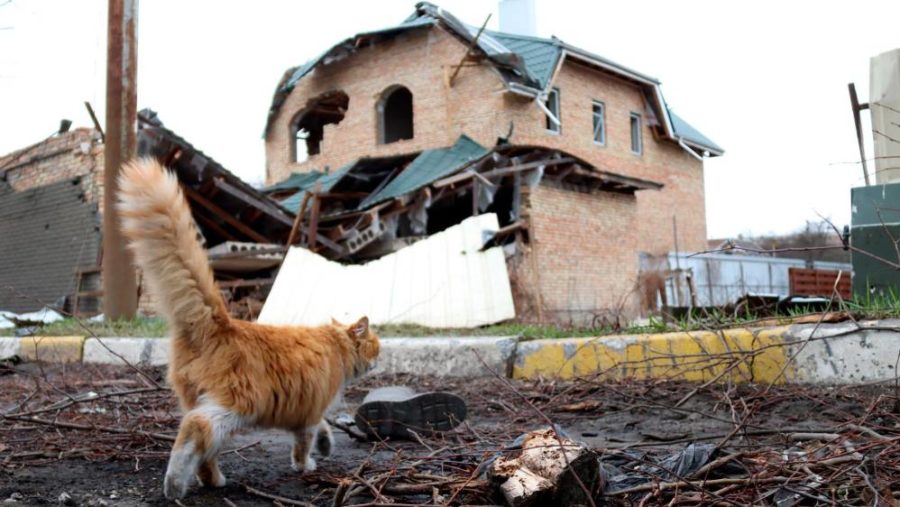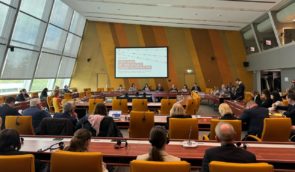How state can compensate Ukrainians for property destroyed as result of war: Legislation analysis
The Coalition of NGOs that take care of the protection of the rights of victims of Russia’s armed aggression against Ukraine analyzed the Ukrainian legislation and the registered draft laws on the protection of property rights and interests of victims of armed aggression against Ukraine.
 Illustrative photo
Illustrative photoAs the analysis authors note, as of September 2022, at least 135,800 residential buildings were destroyed and damaged, including 119,900 private houses, 15,600 apartment blocks, and 200 dormitories. Every day, the number of destroyed and damaged residential buildings increases. Nine years into the armed aggression against Ukraine, there is no effective legal mechanism to protect the property rights of the affected population.
Before the full-scale invasion, in April 2014, the state legislated that compensation for material damage caused to Ukrainian citizens, foreigners, and stateless persons as a result of the temporary occupation rests entirely with Russia. Only in December 2019 and September 2020, amendments were made to launch the process of determining the size and making decisions on monetary compensation to victims whose homes were destroyed as a result of armed aggression.
At the same time, the state has not yet created an effective mechanism for providing financial assistance to those whose housing is only damaged (but not destroyed), although it could become unfit for habitation as a result.
However, the full-scale invasion led to a rapid increase in the number of destroyed and damaged residential buildings, expanding the scale and geography of their location. To resolve the current situation, the government adopted several corresponding regulatory legal acts. Also, as of October 2022, four draft laws on the registration of destroyed property and compensation for it were submitted to the Verkhovna Rada of Ukraine.
Therefore, human rights defenders assess the effectiveness of the documents and provide recommendations for their finalization in the detailed analysis of the relevant current legislation and submitted draft laws.















